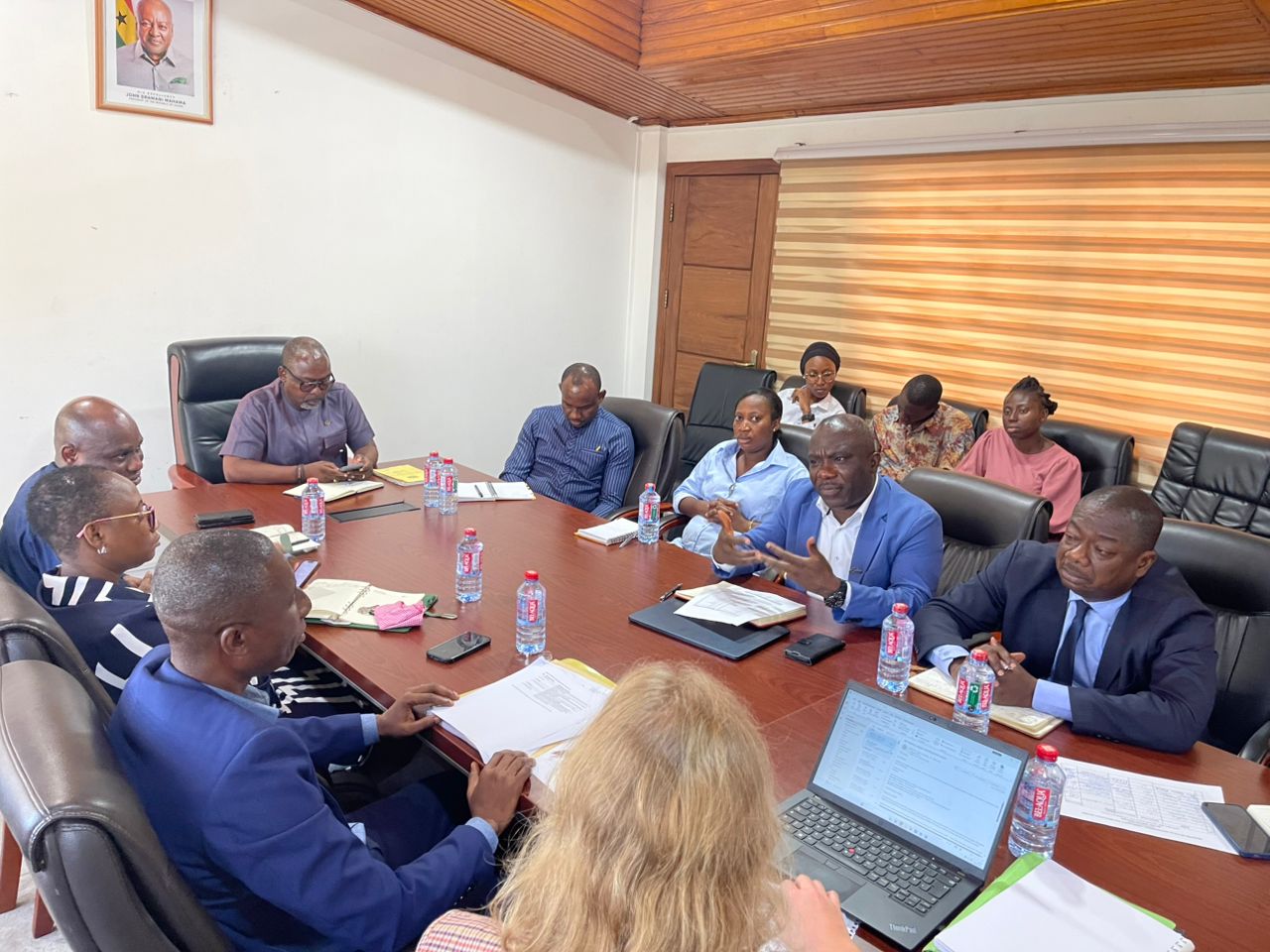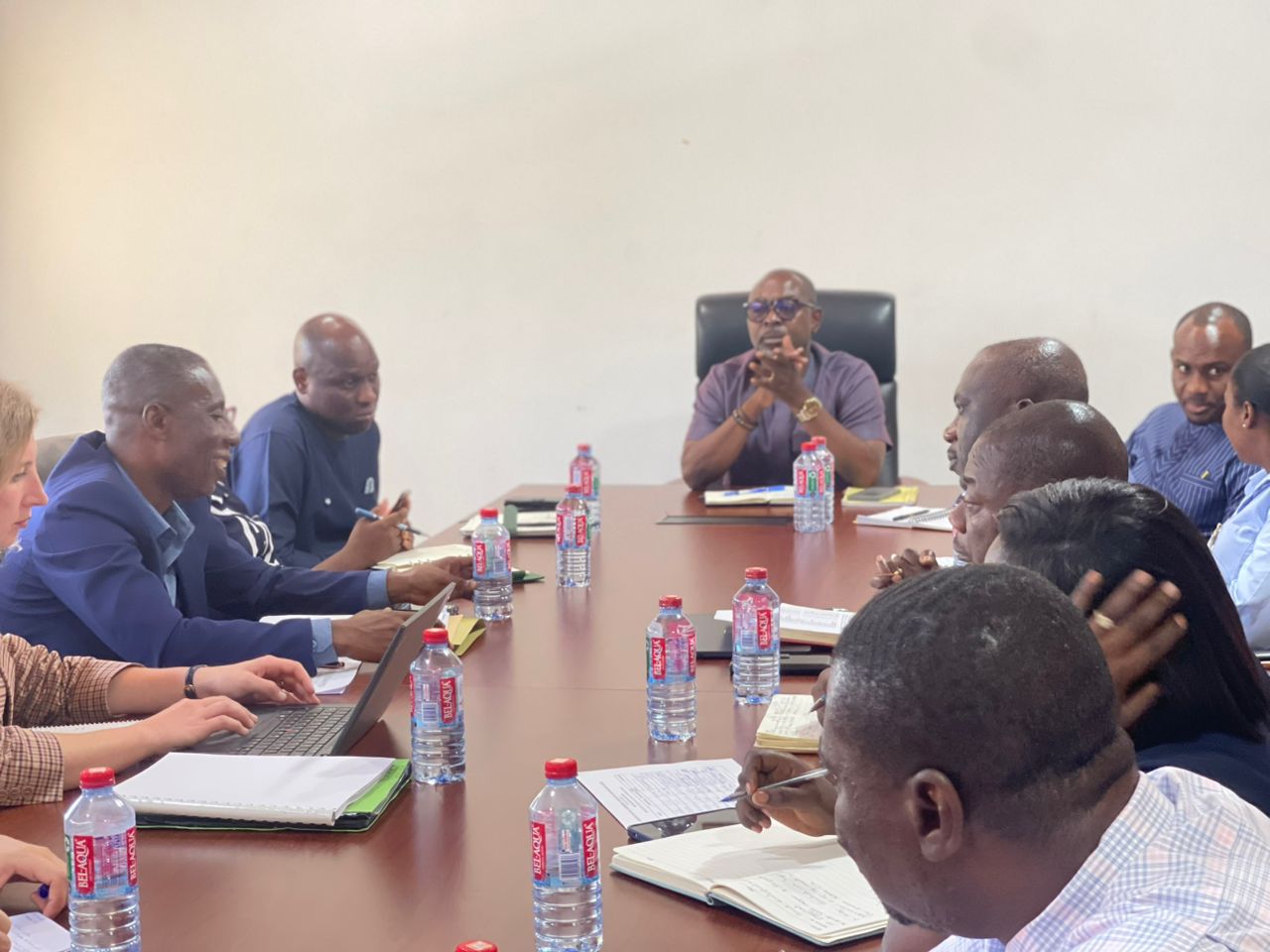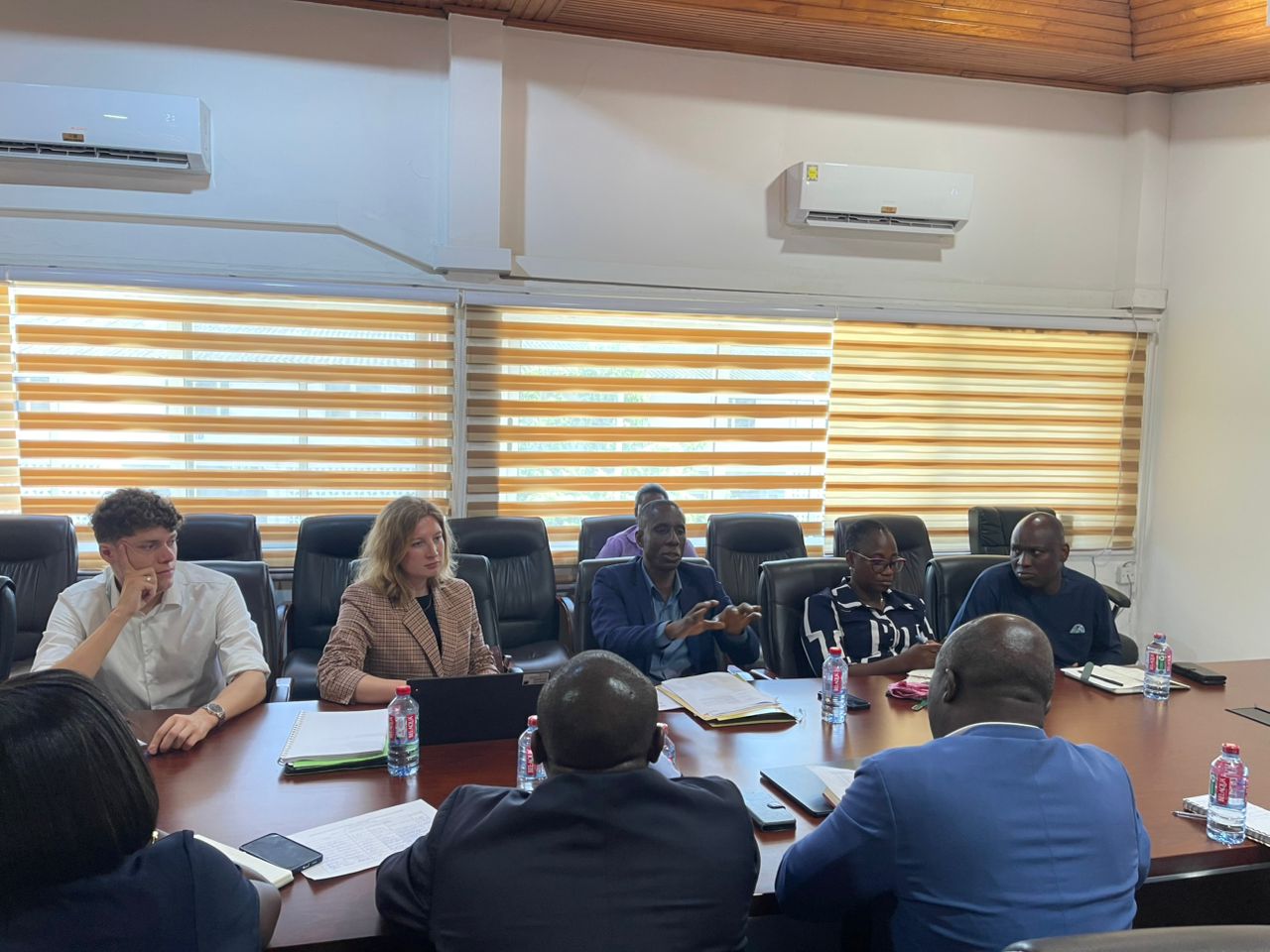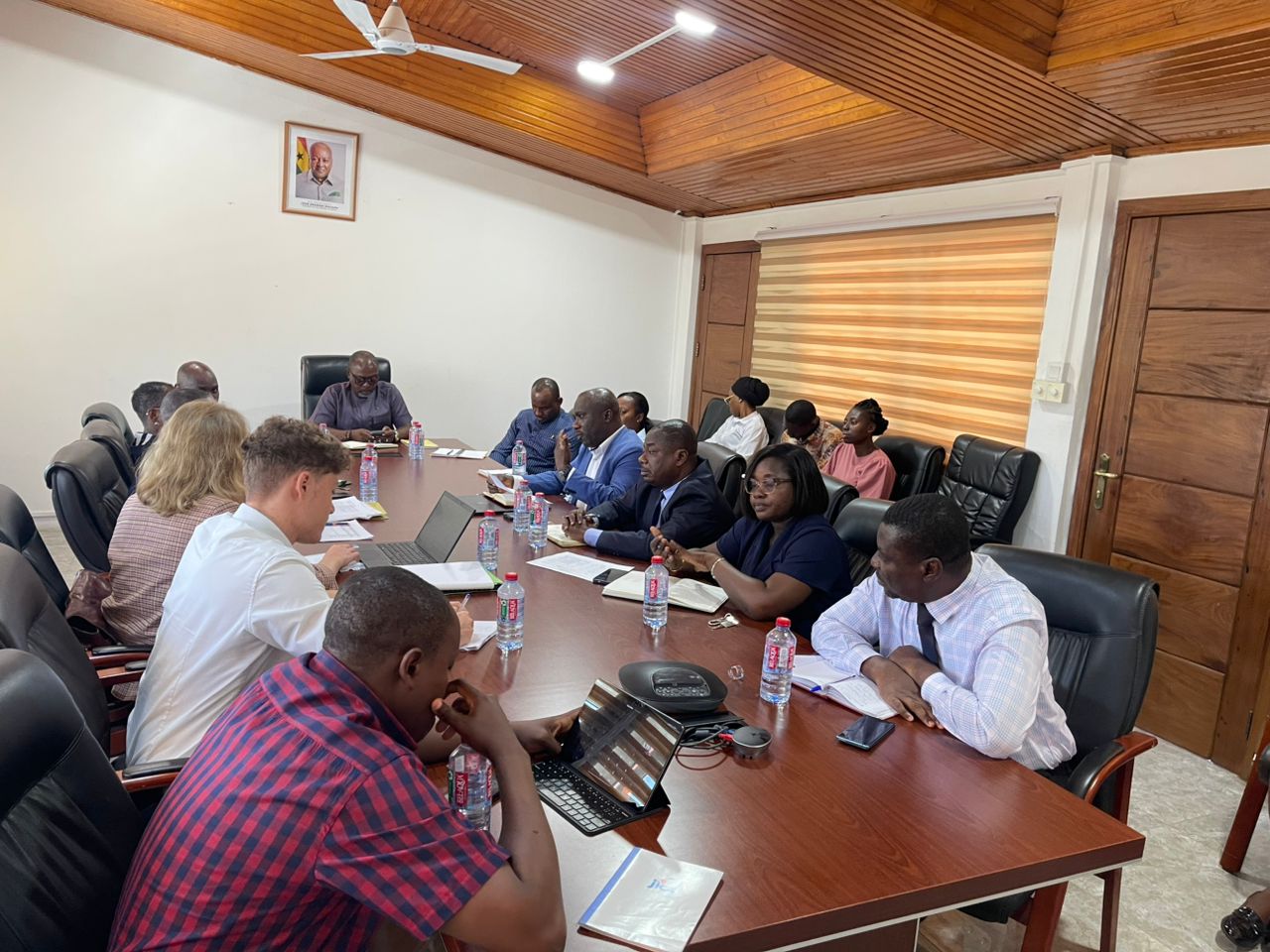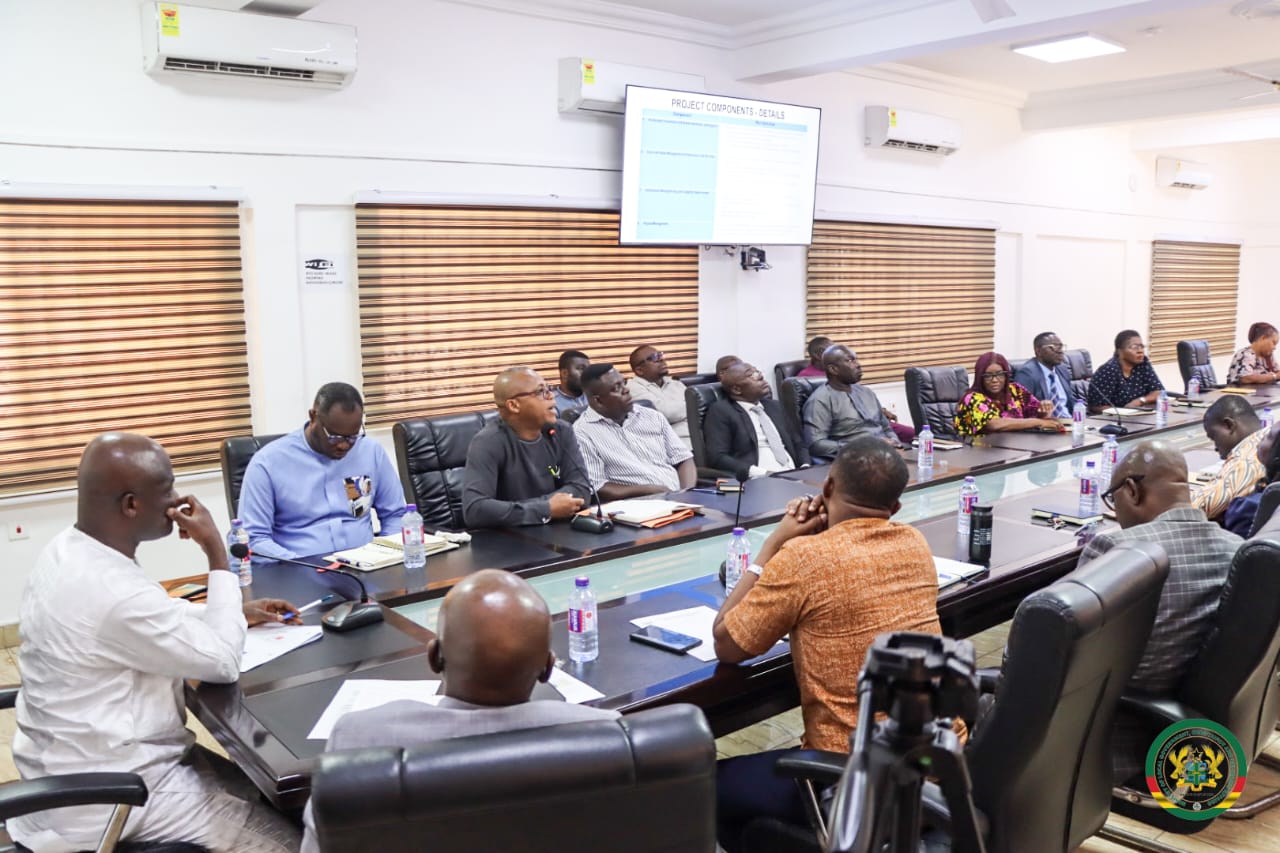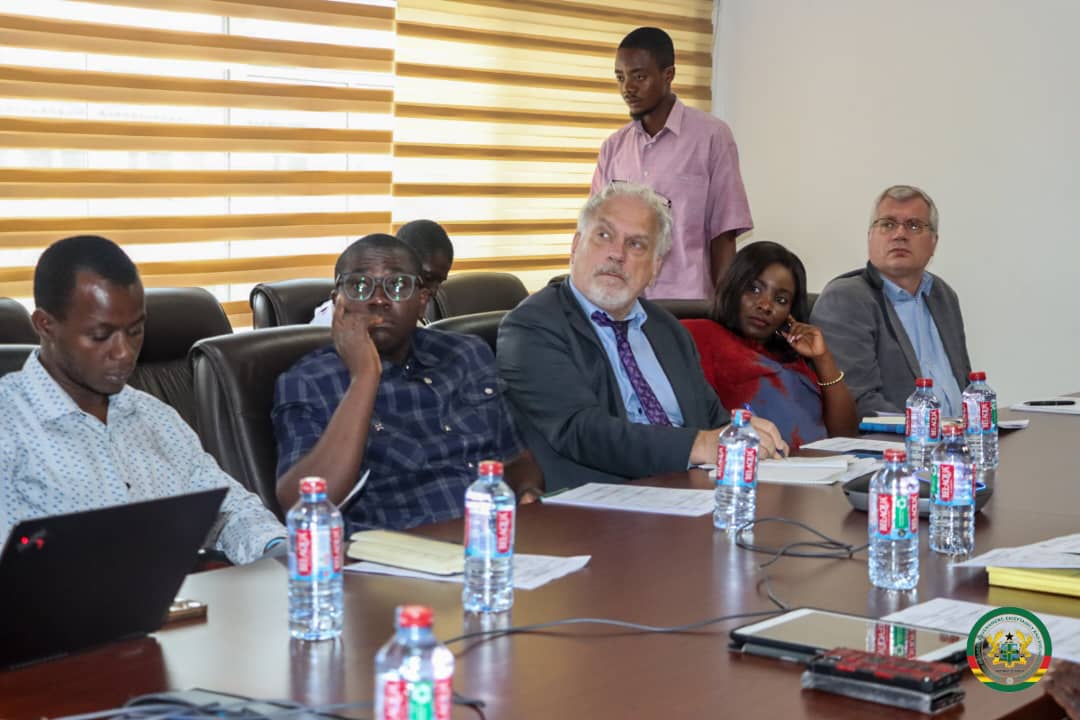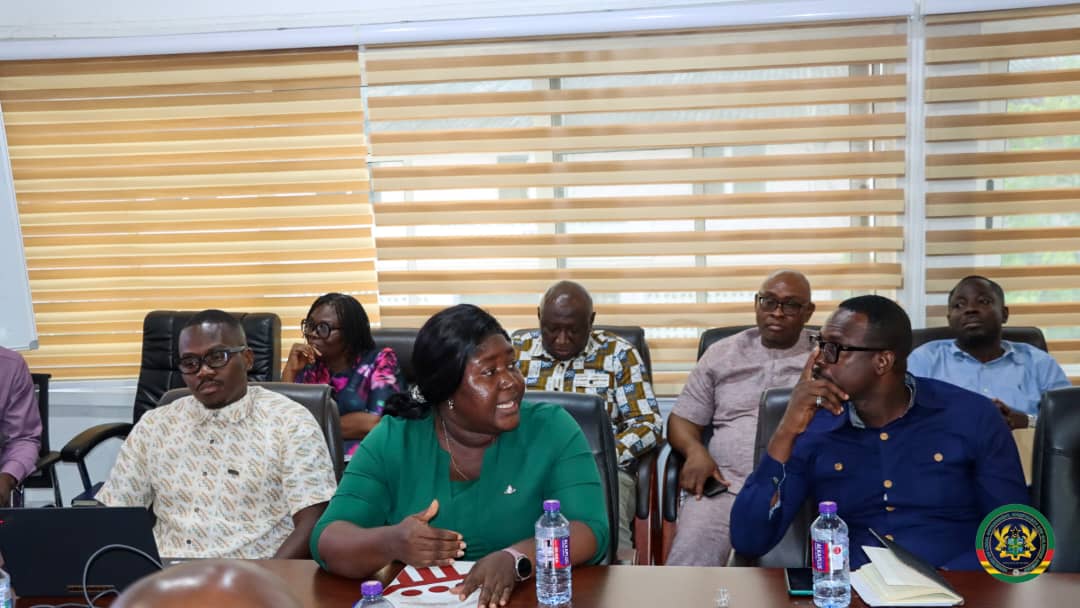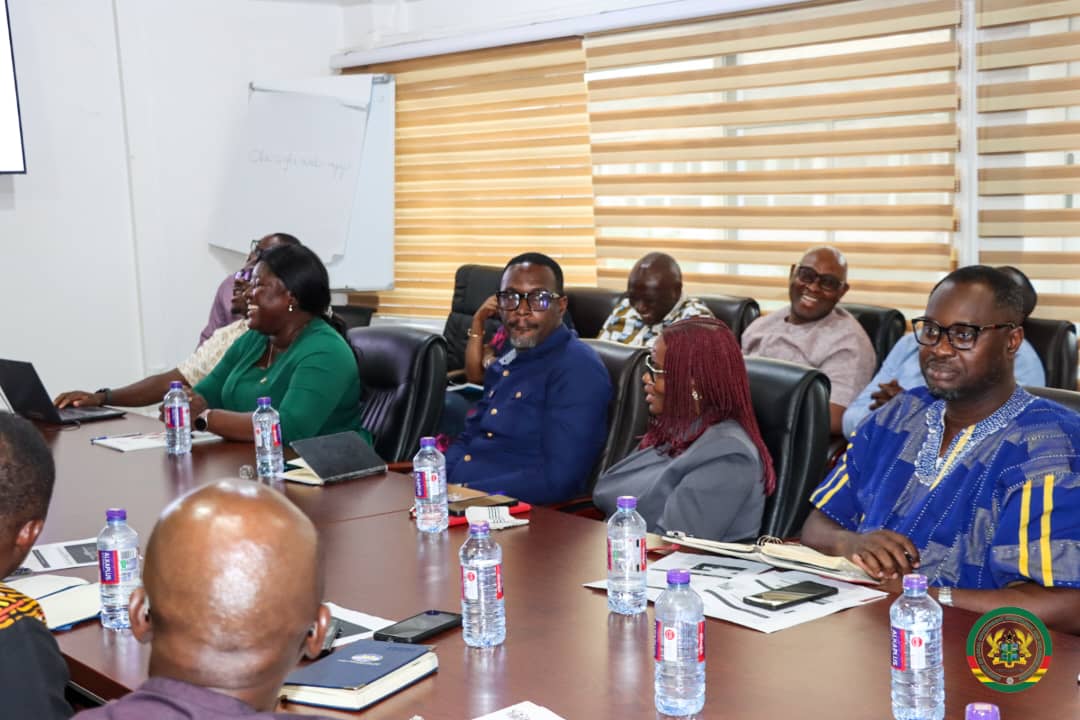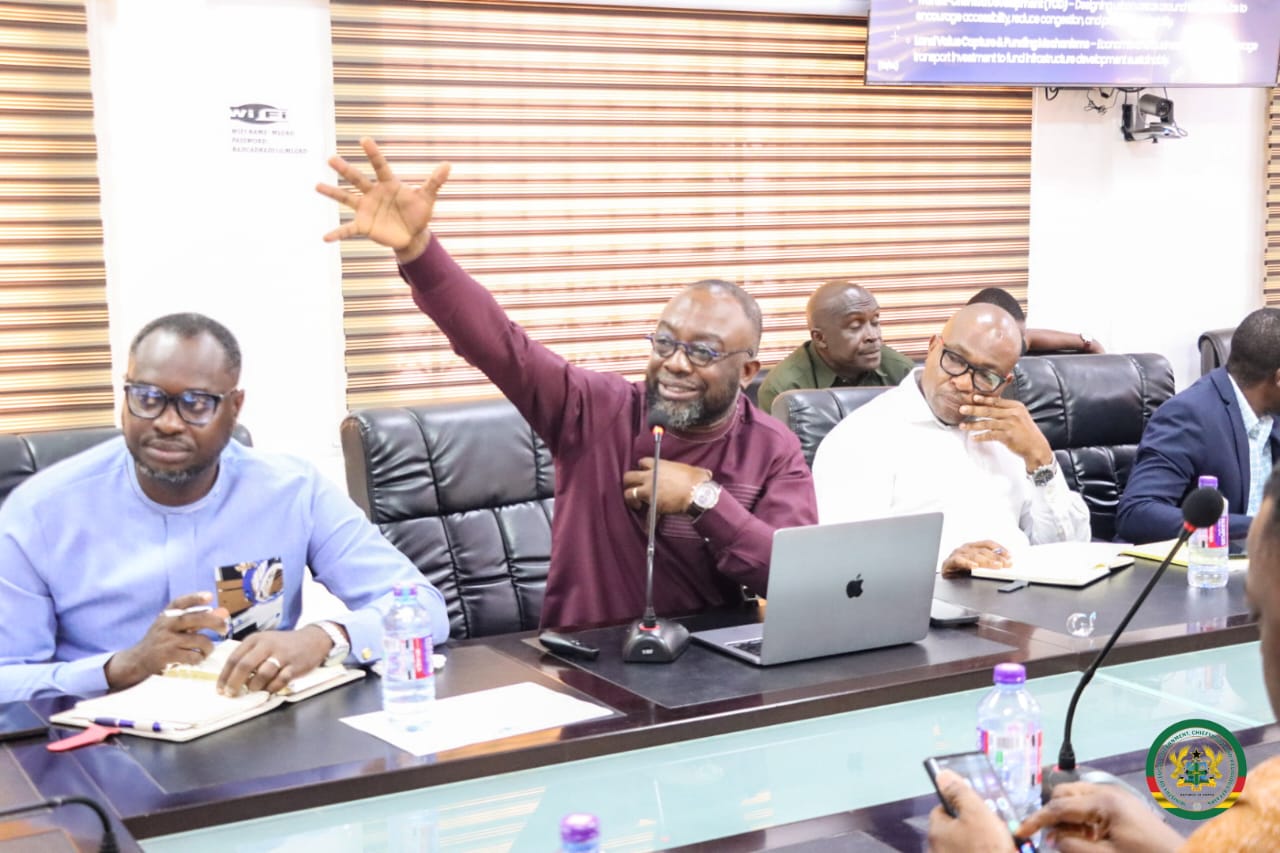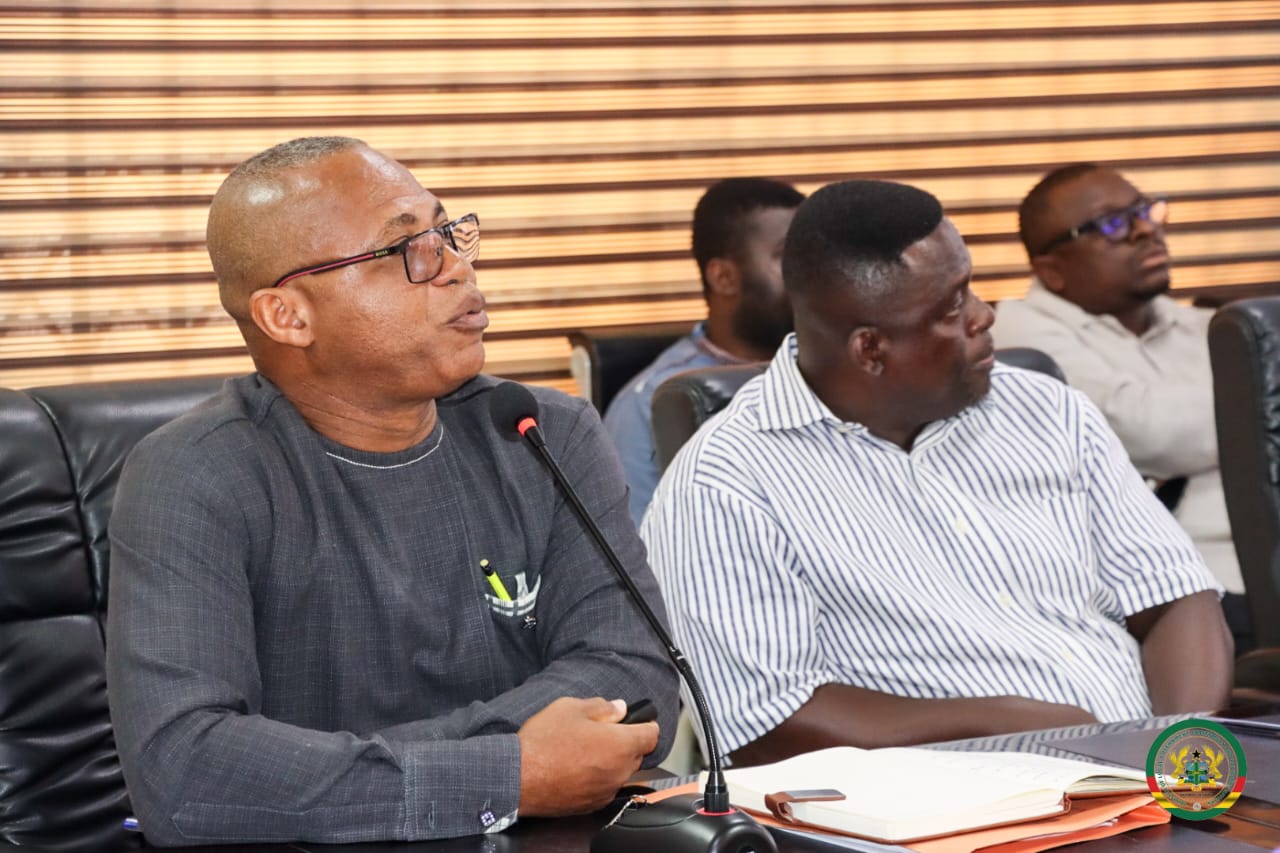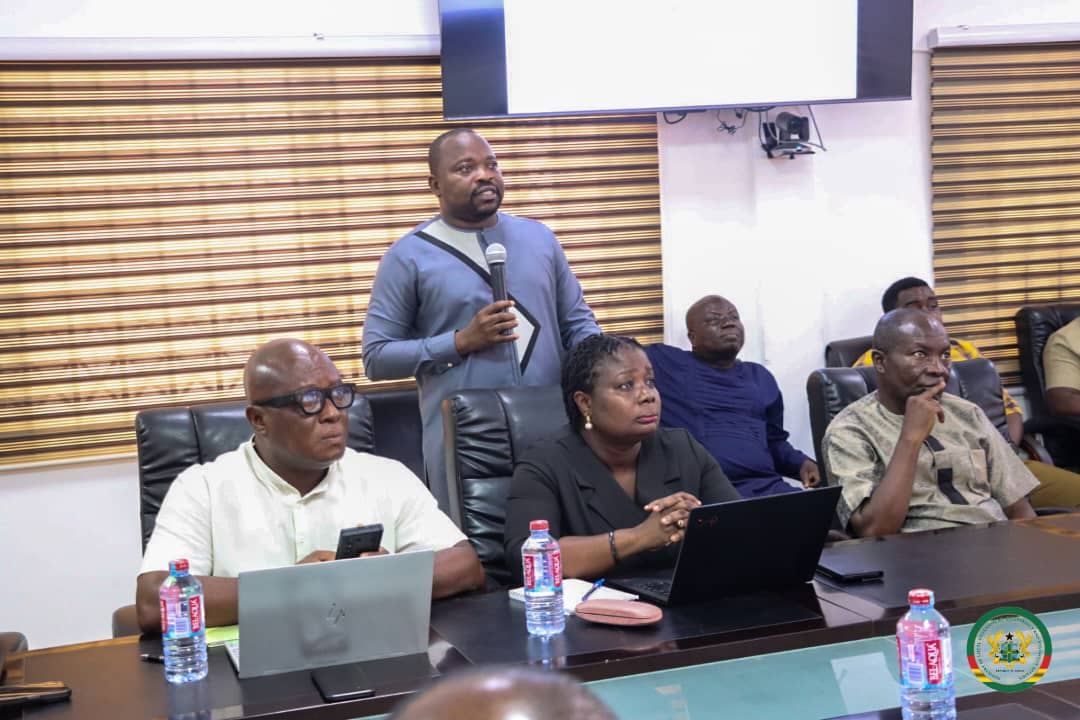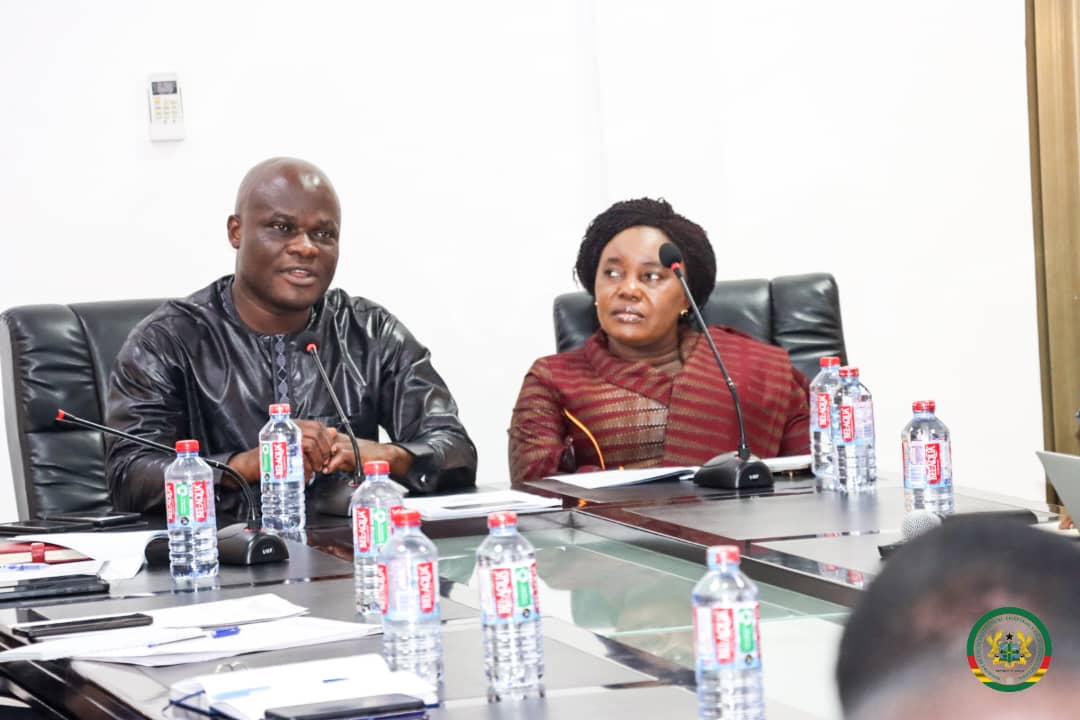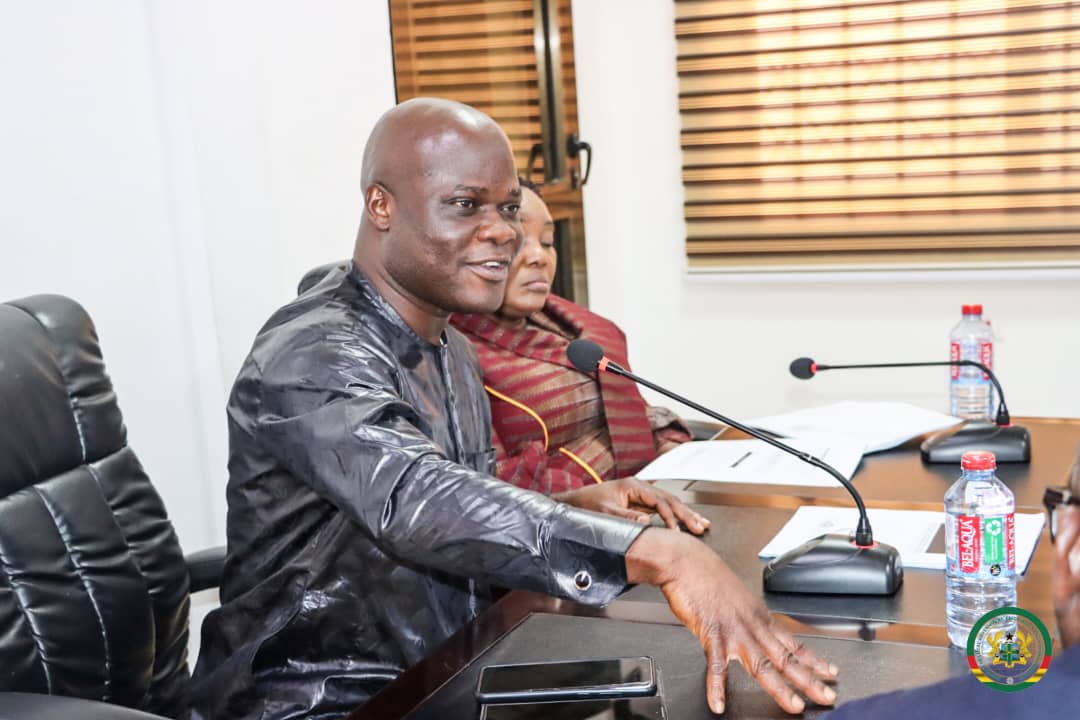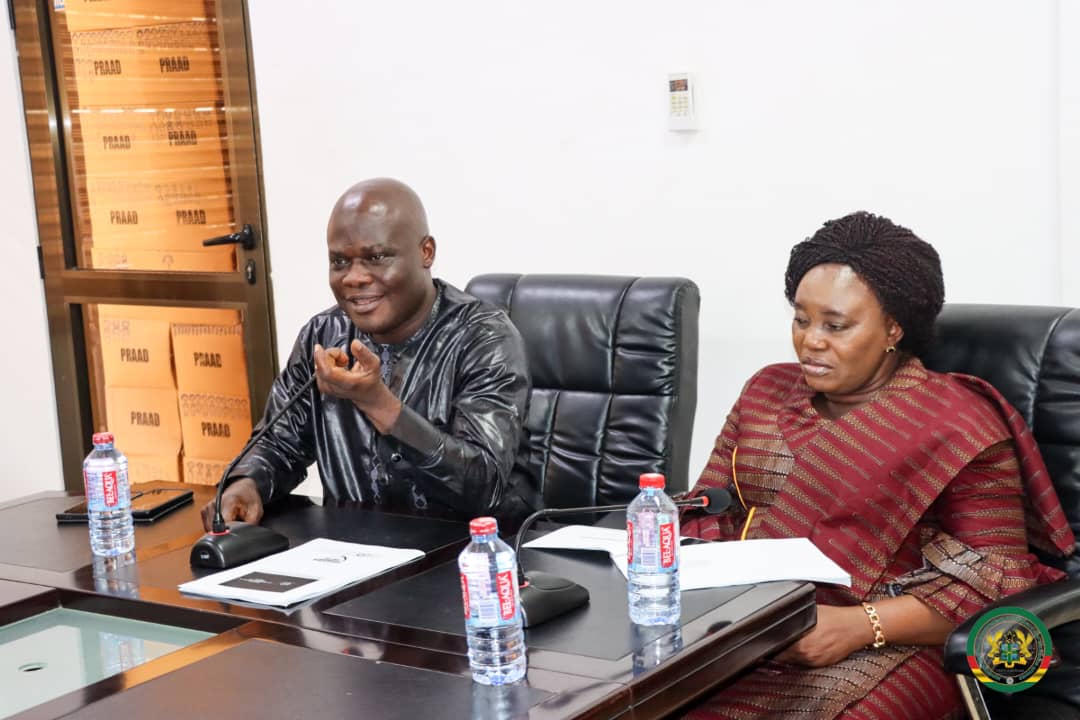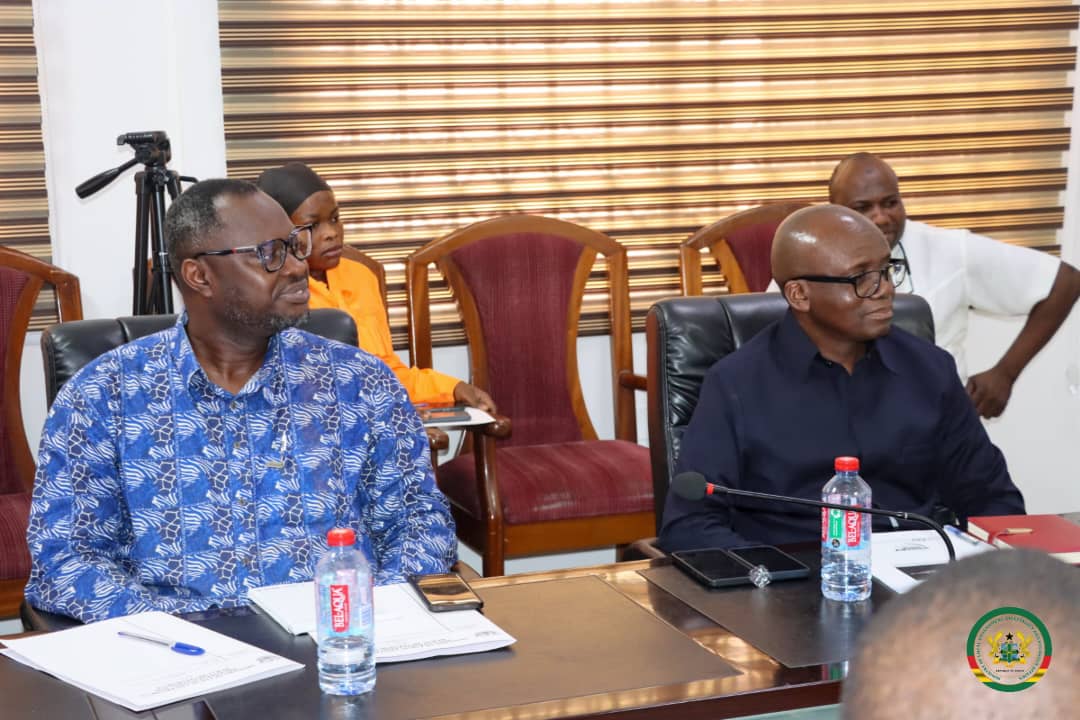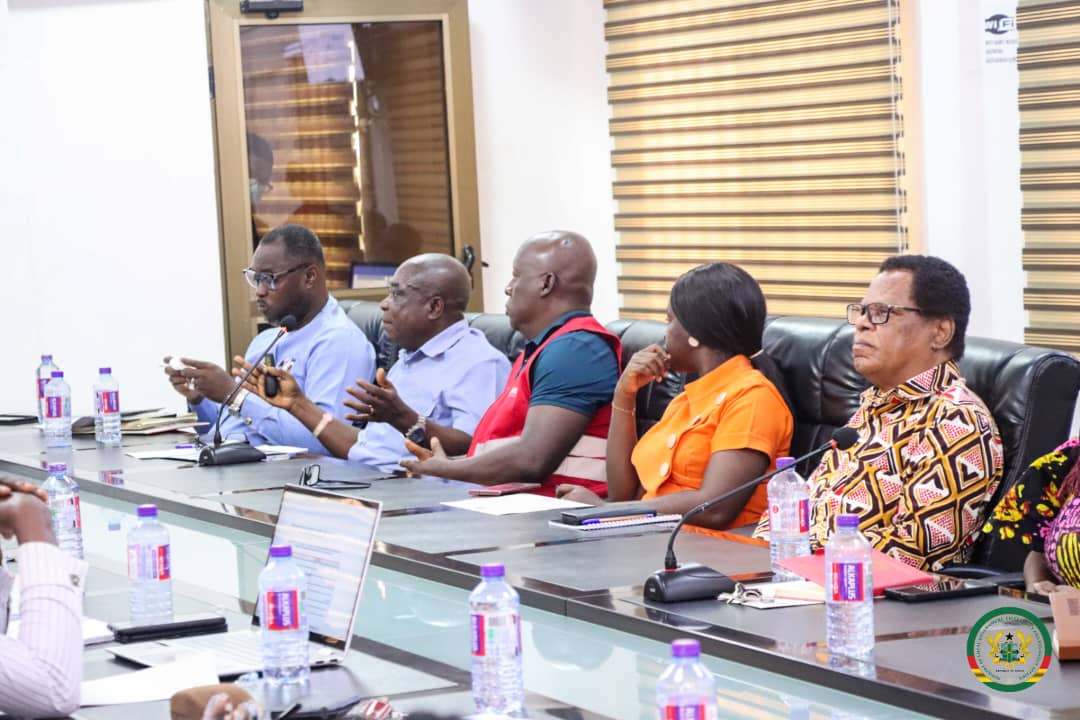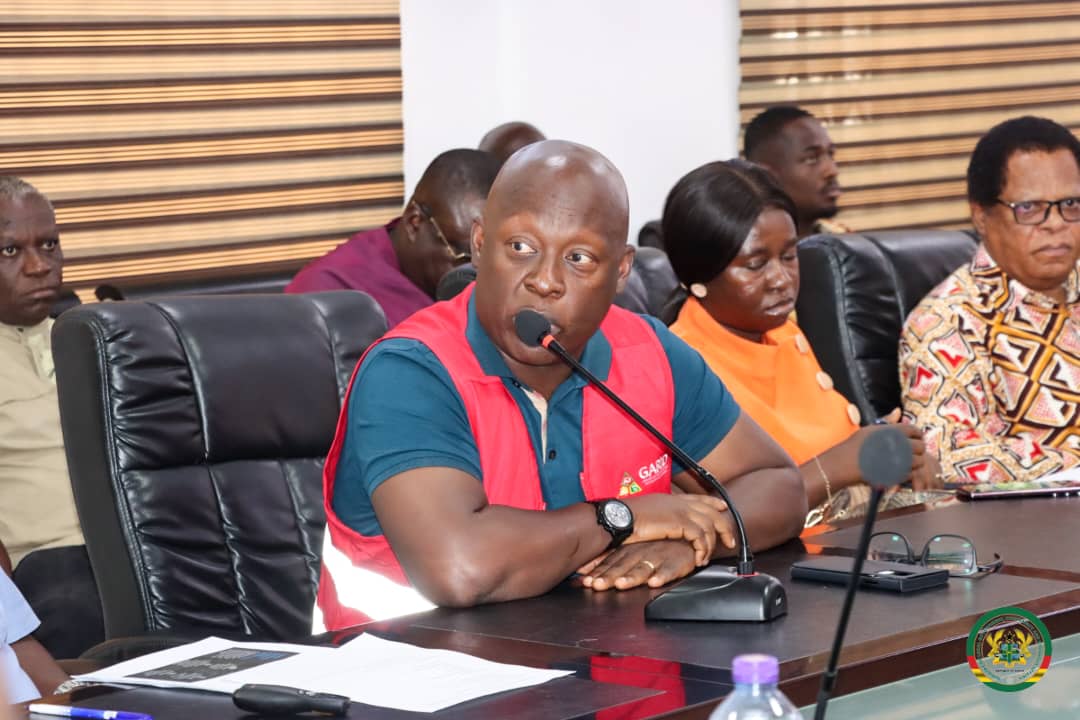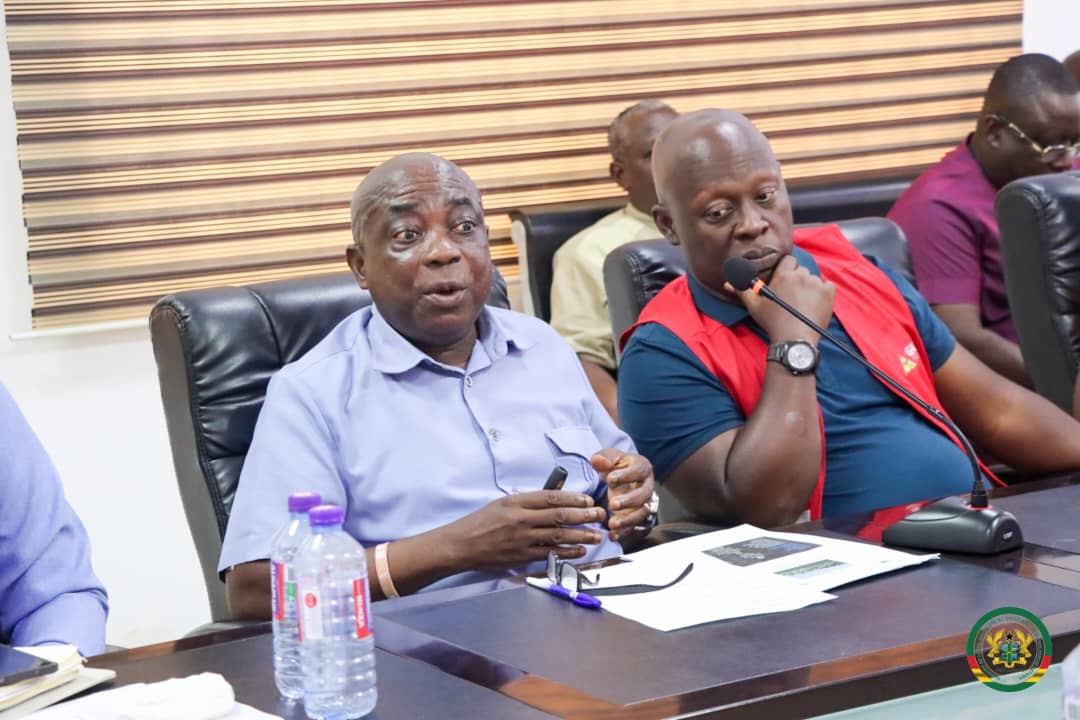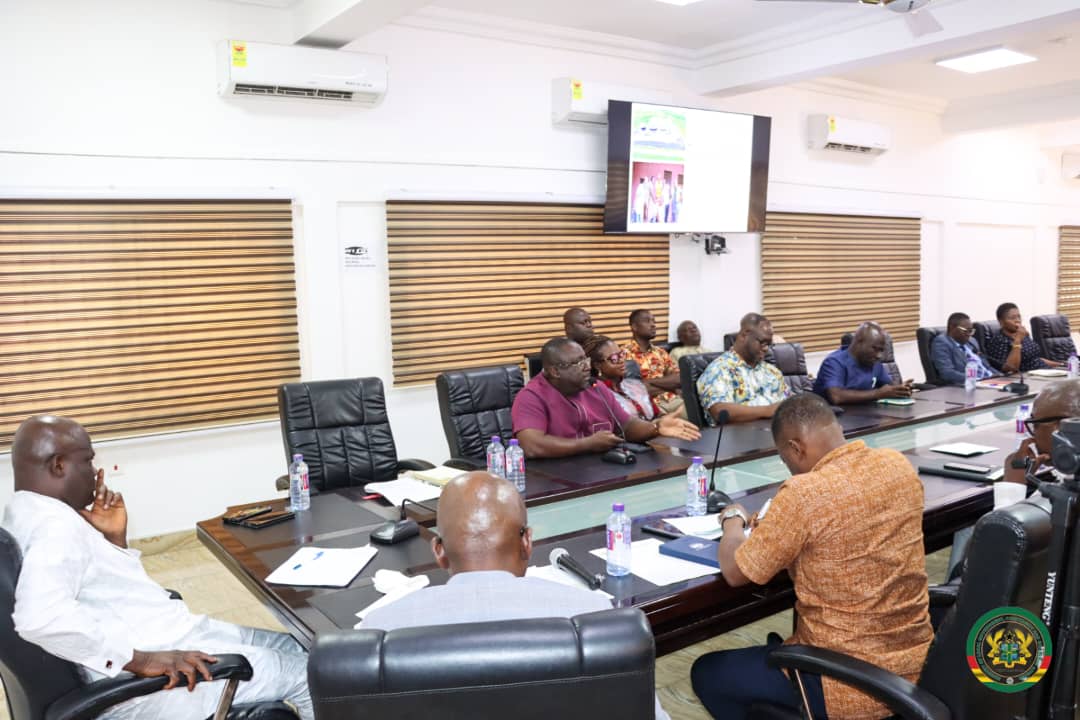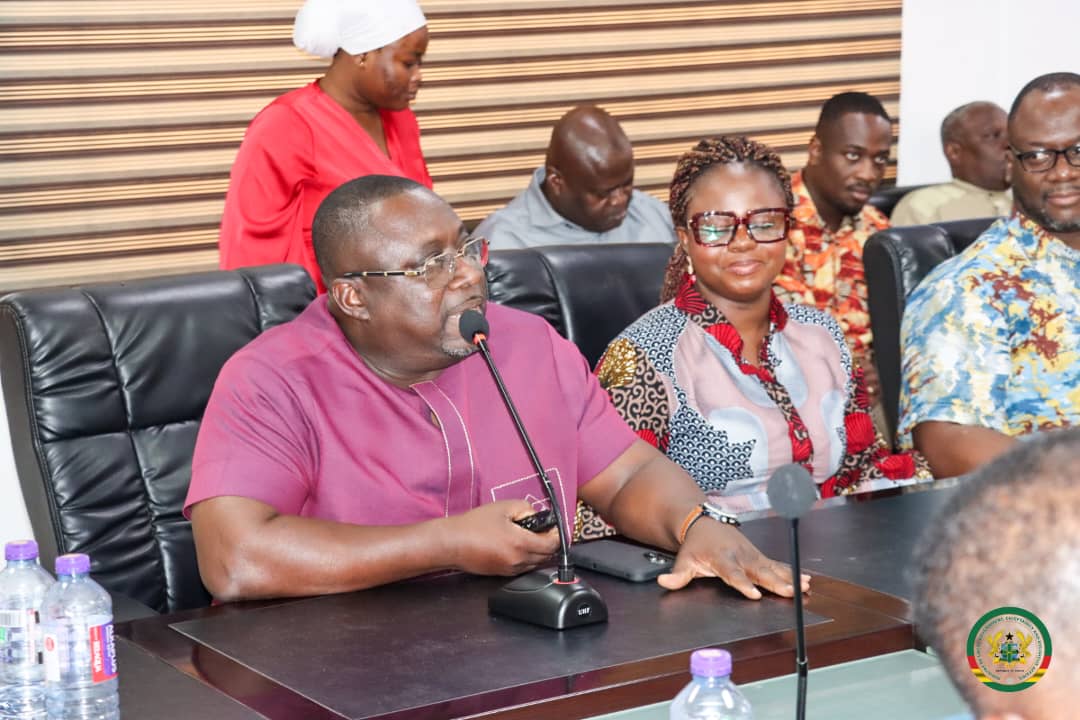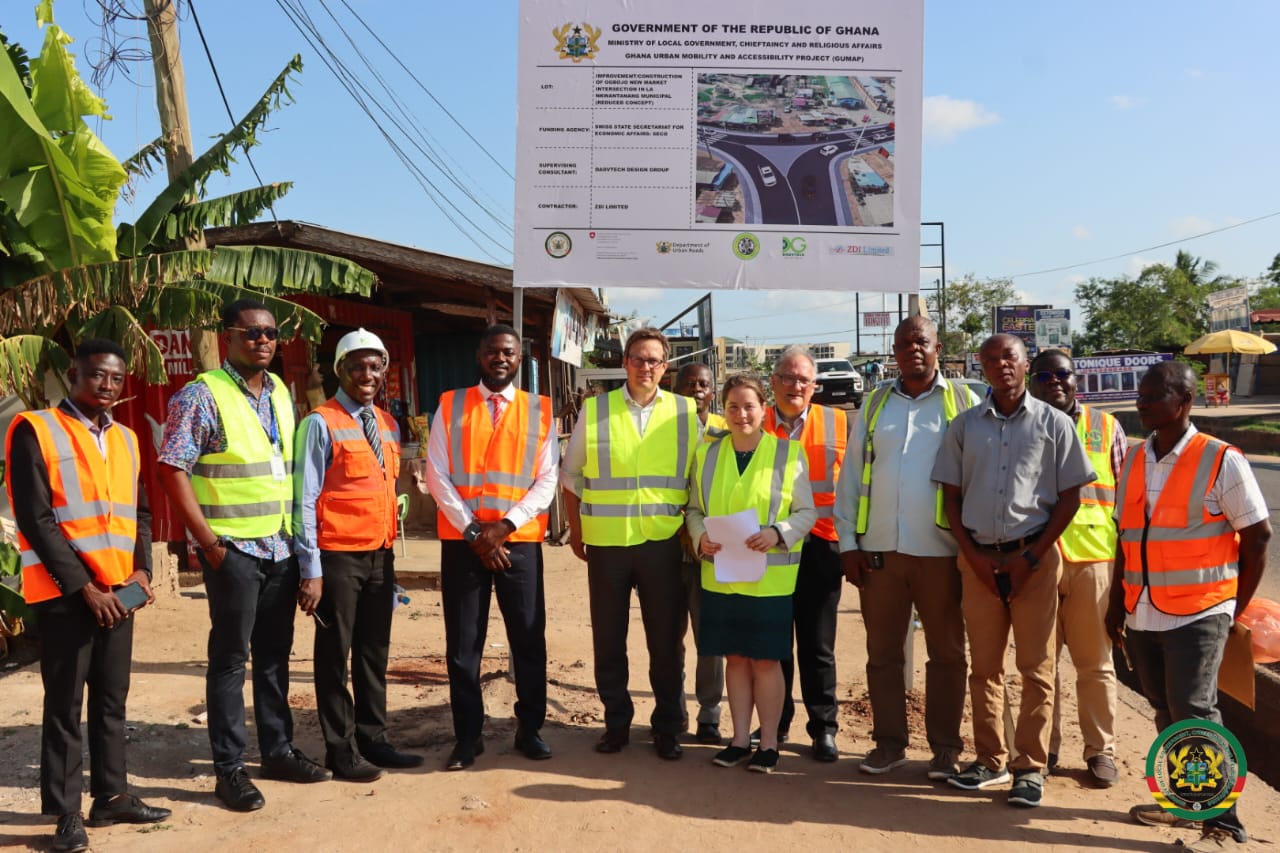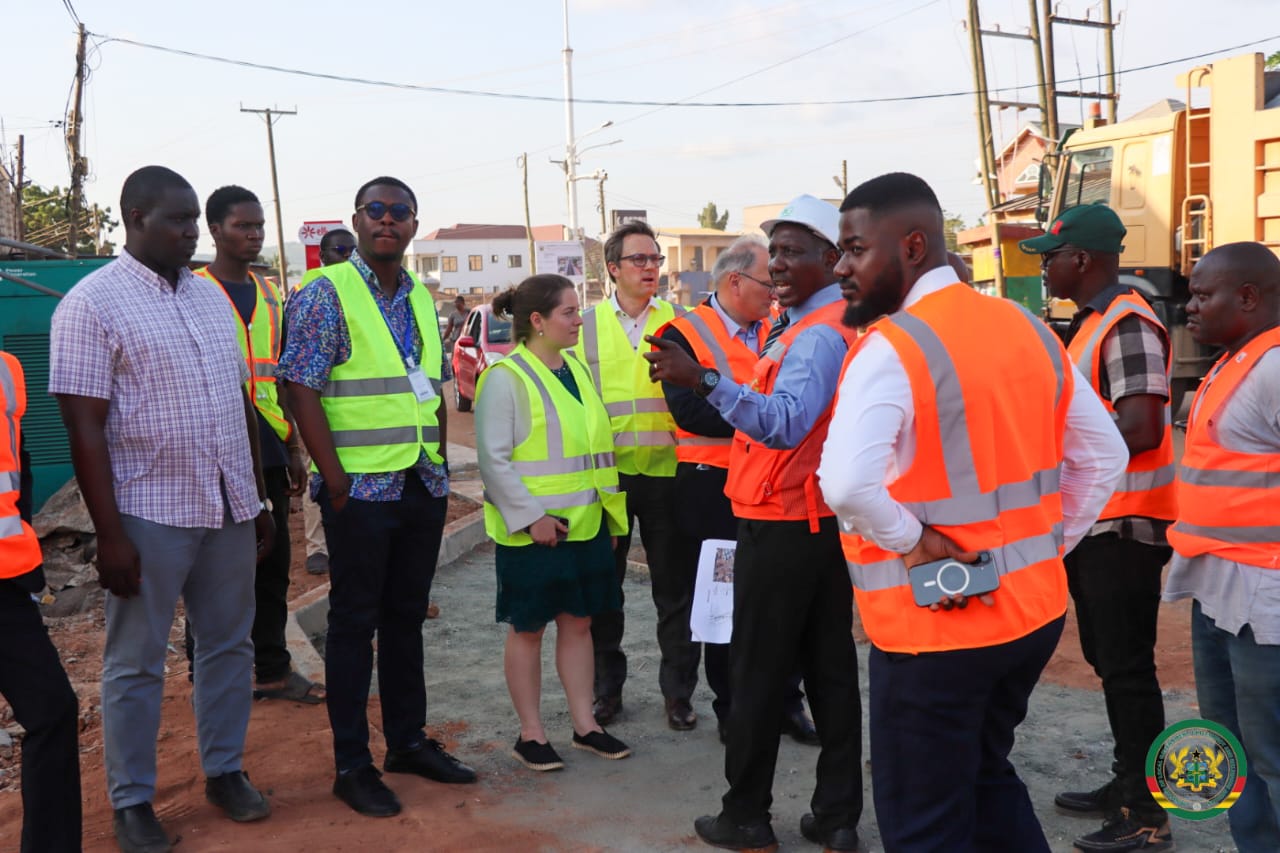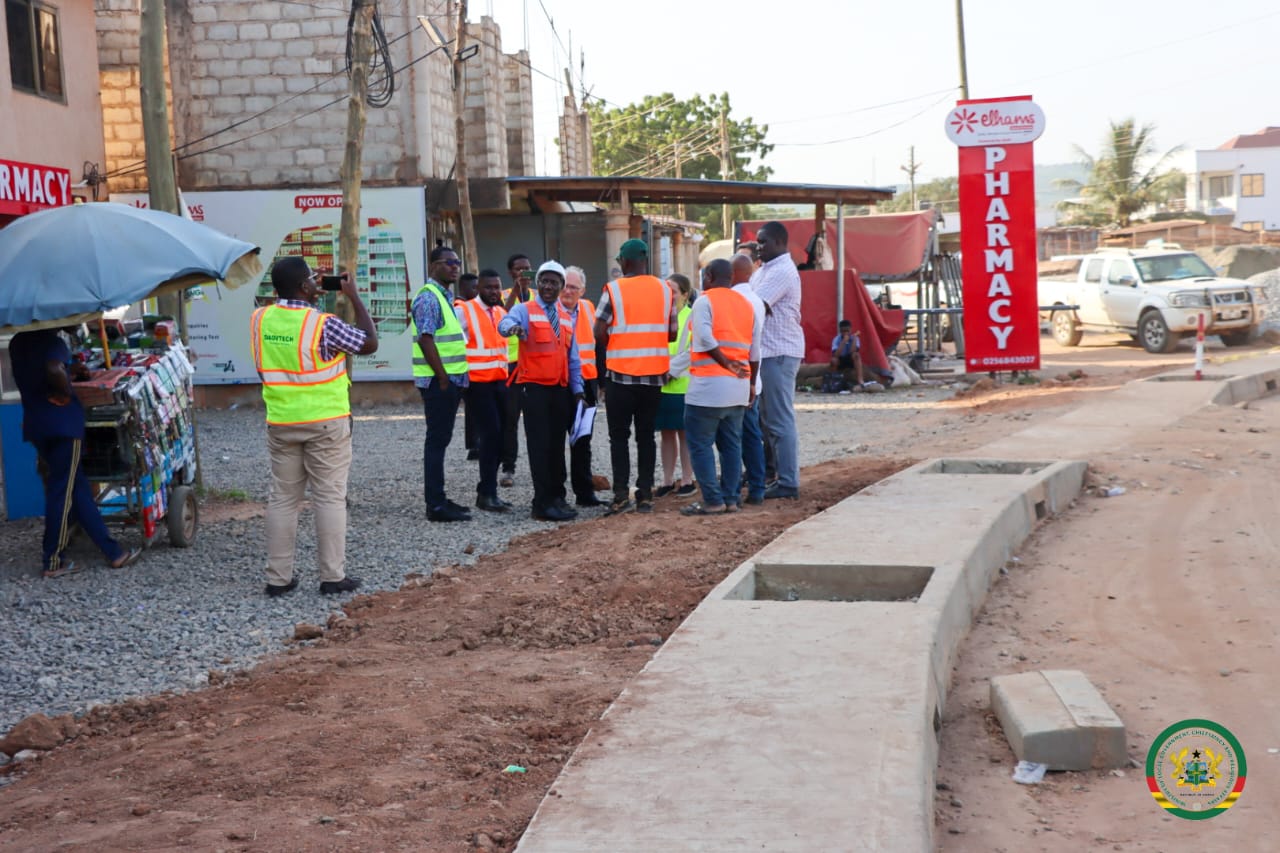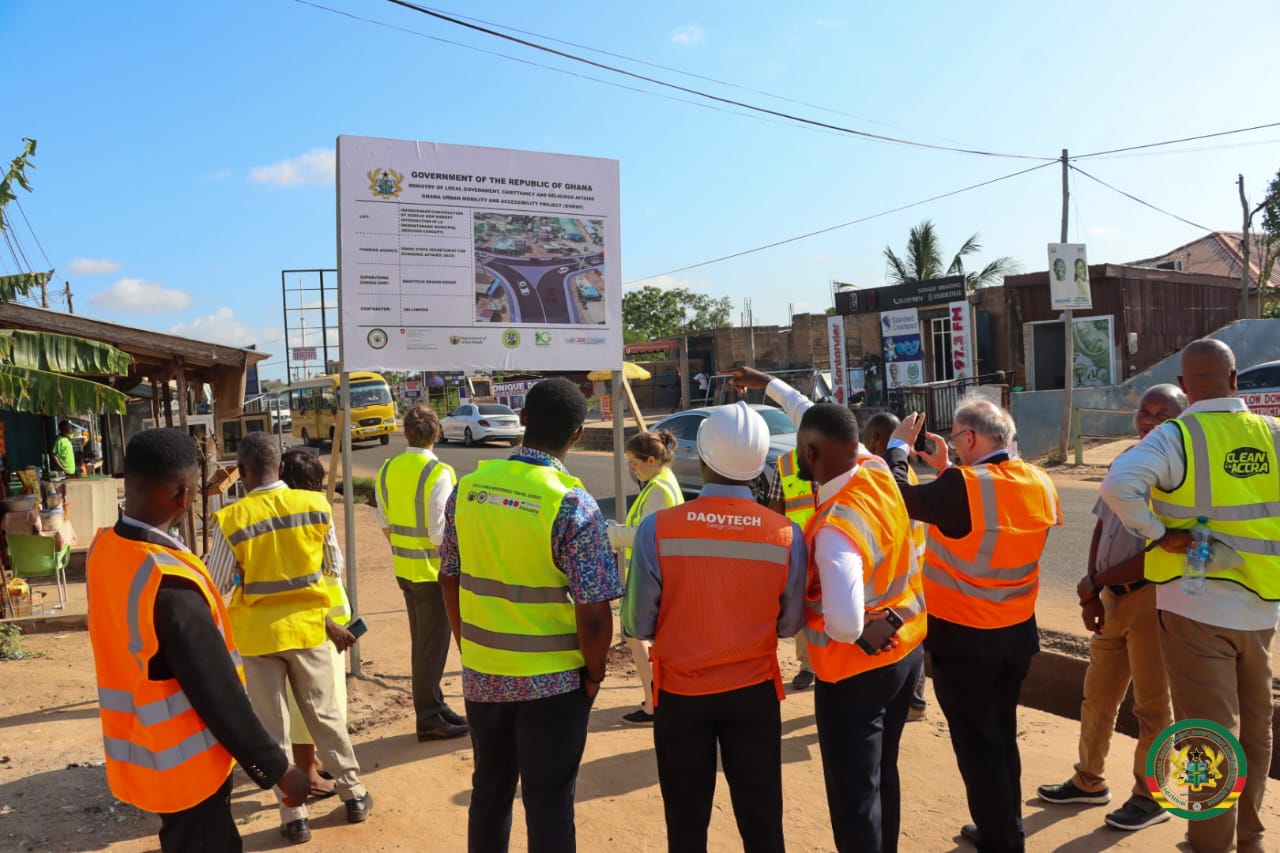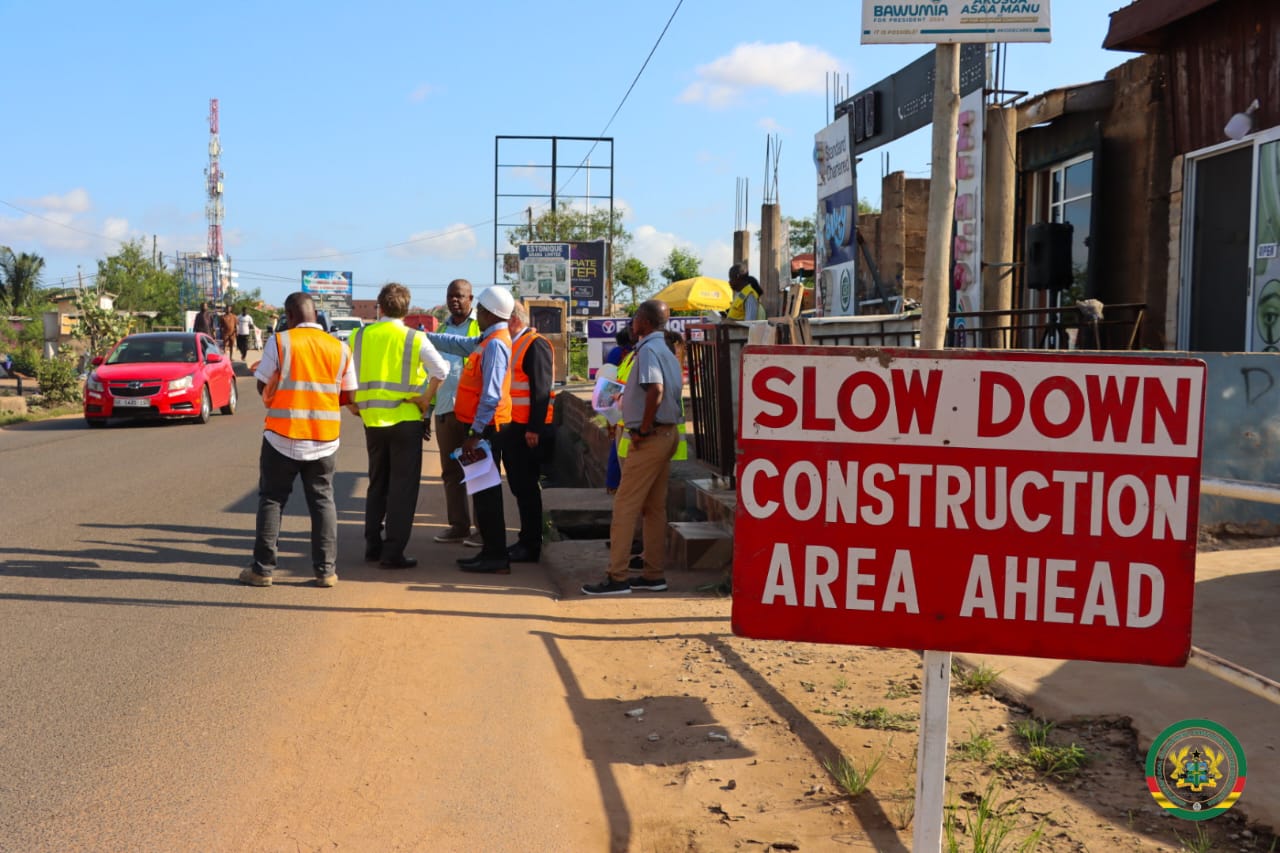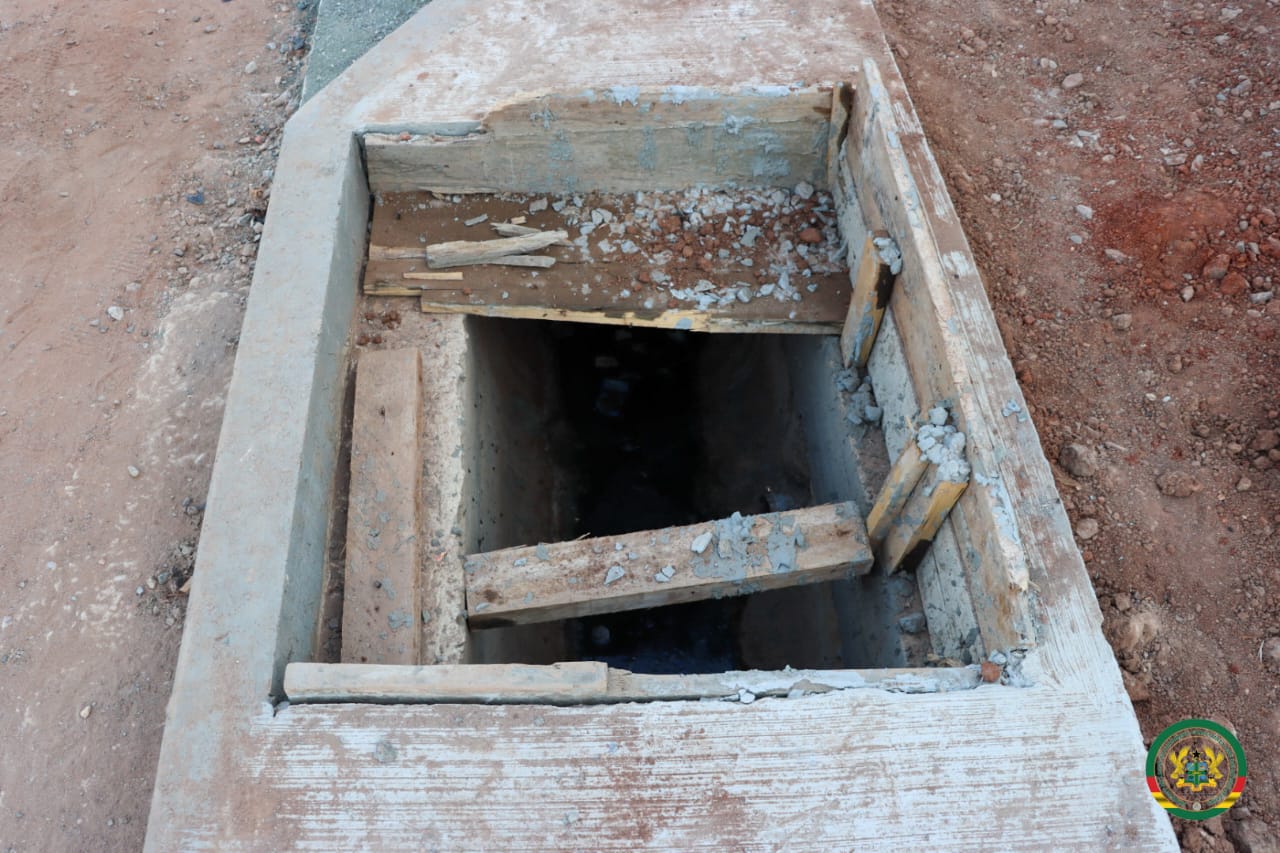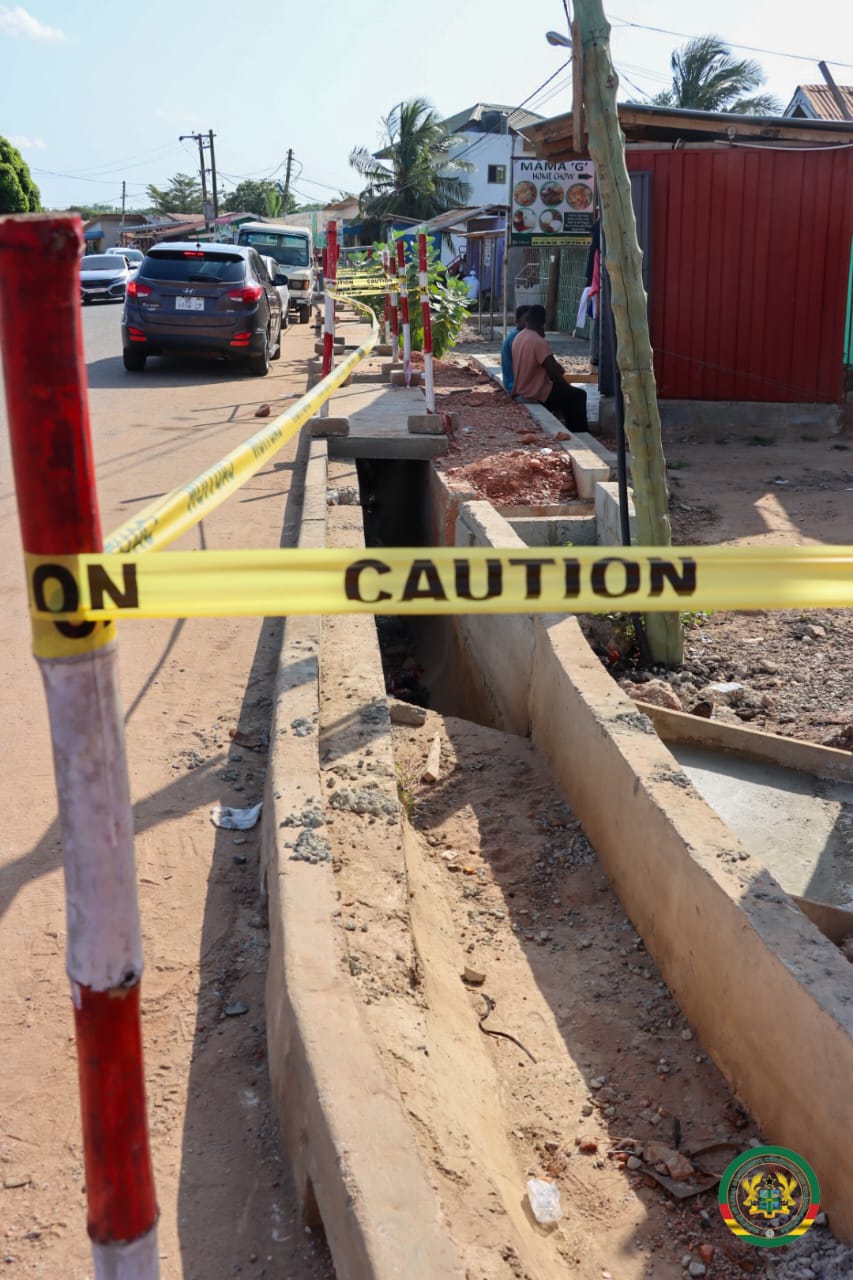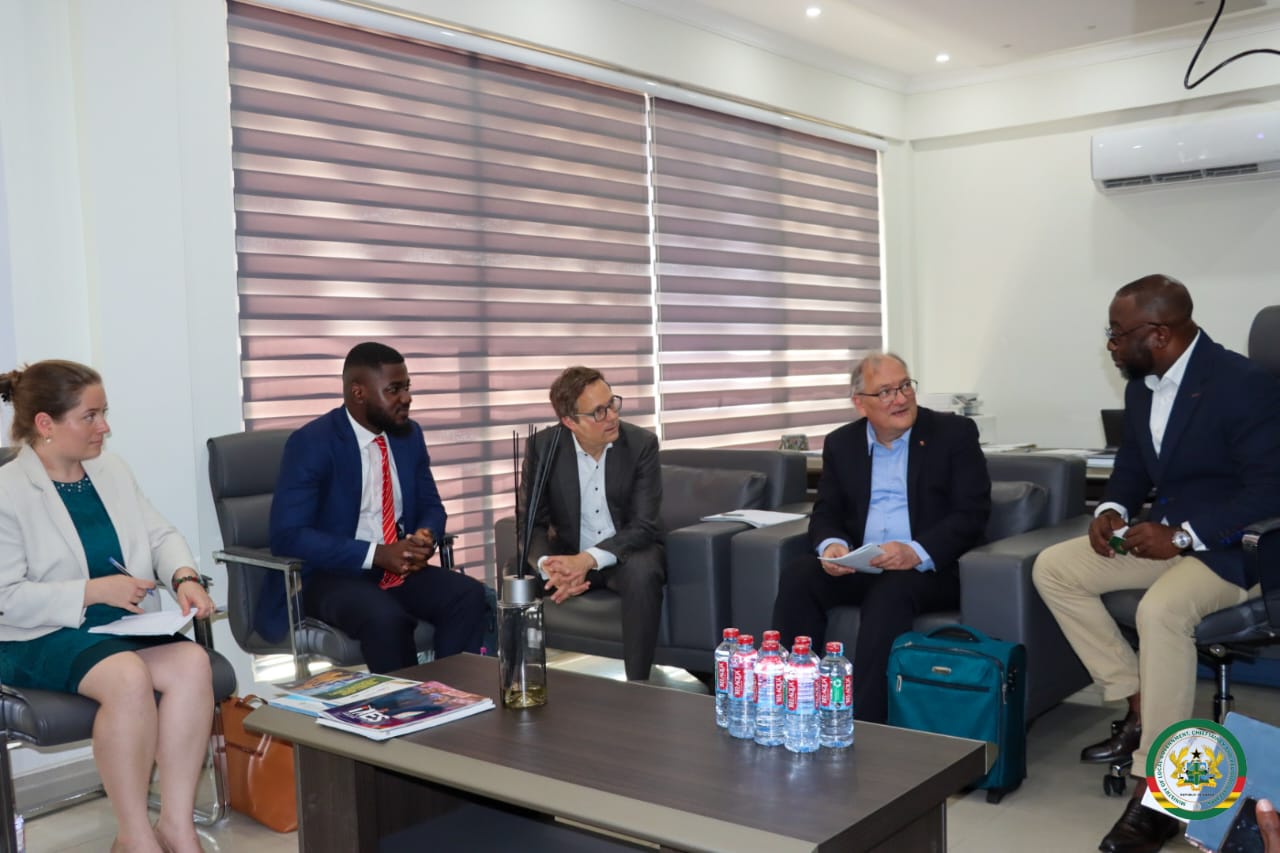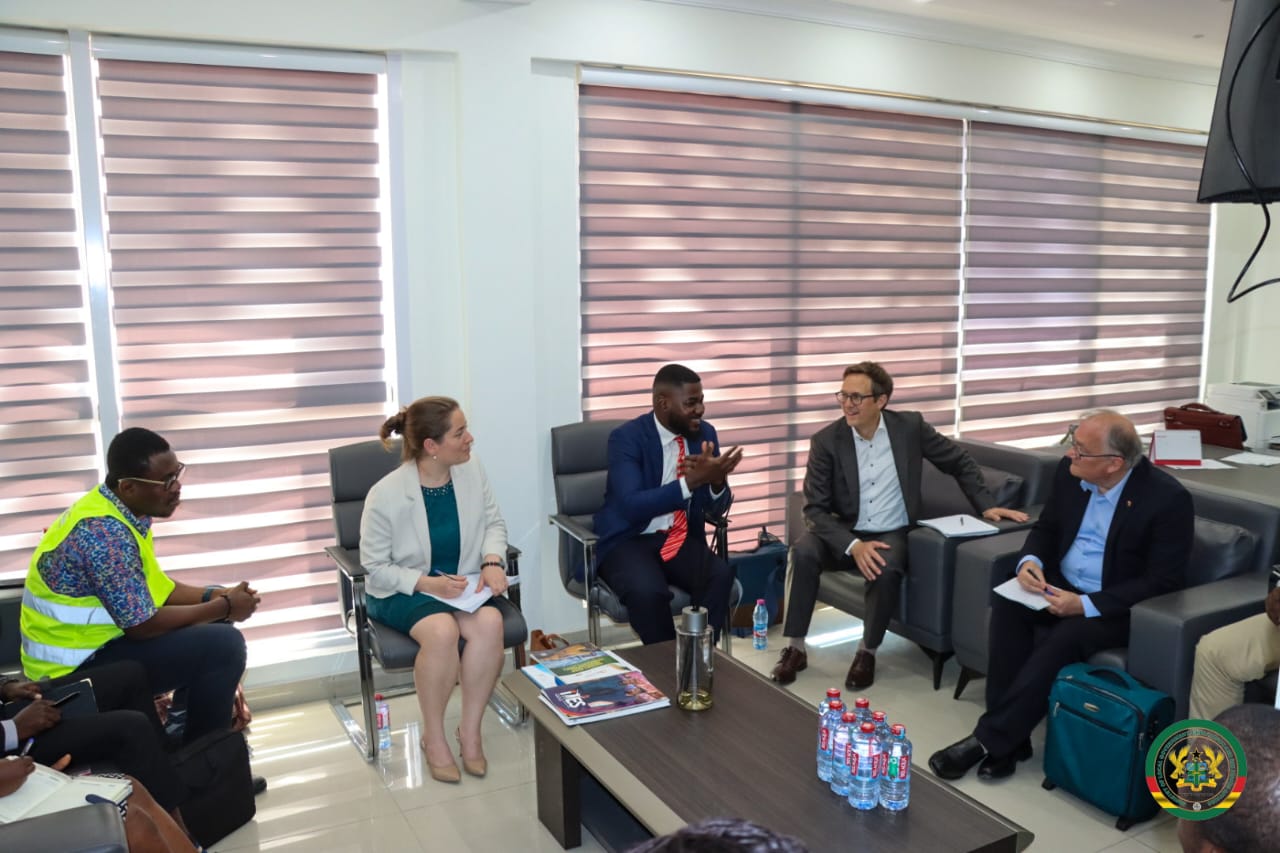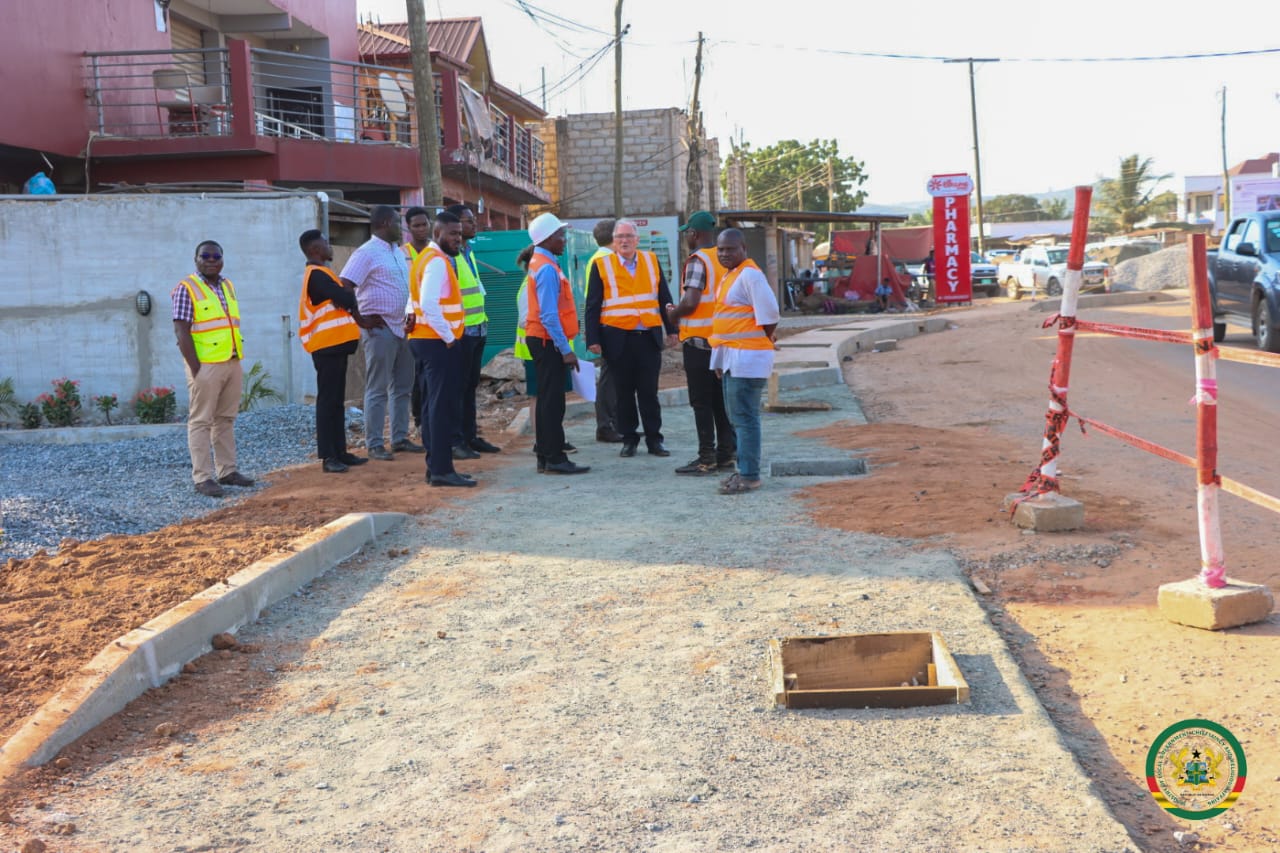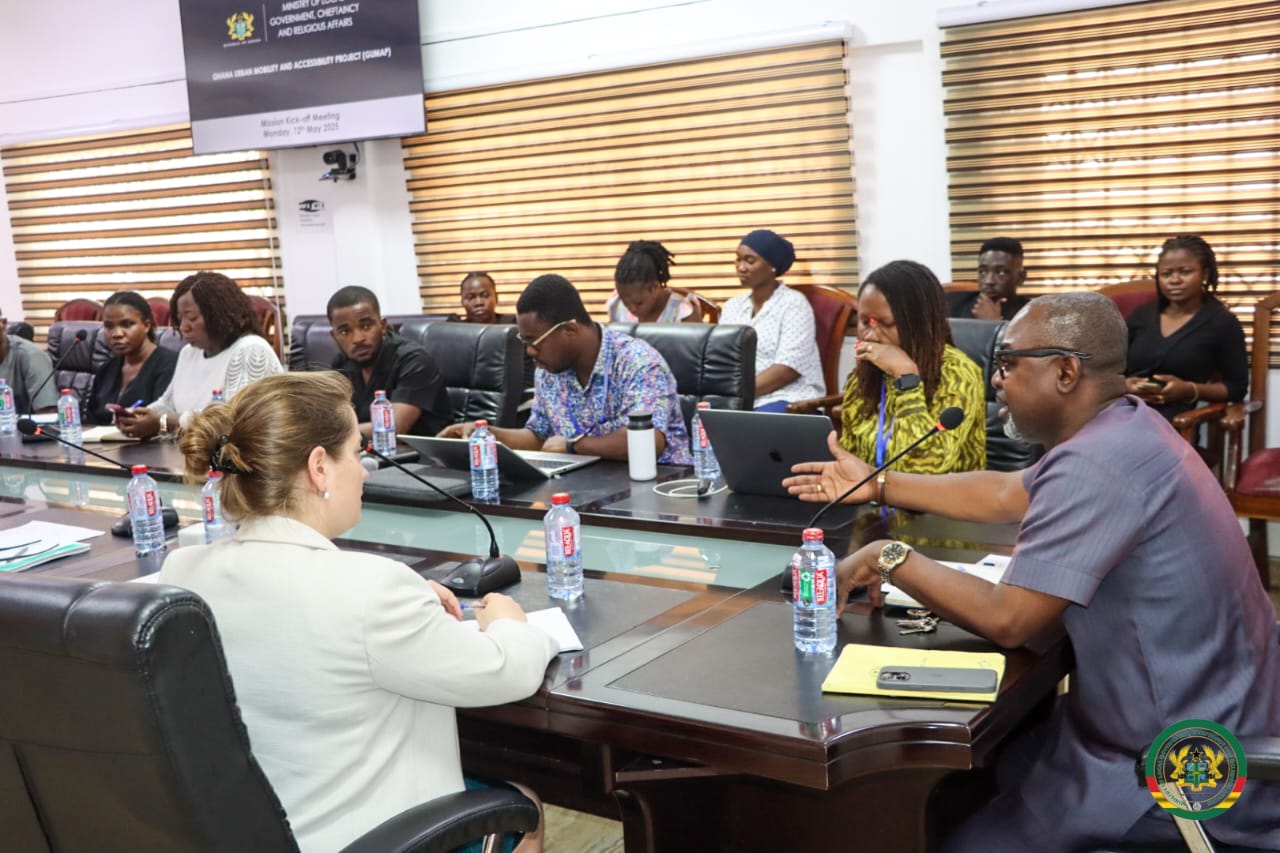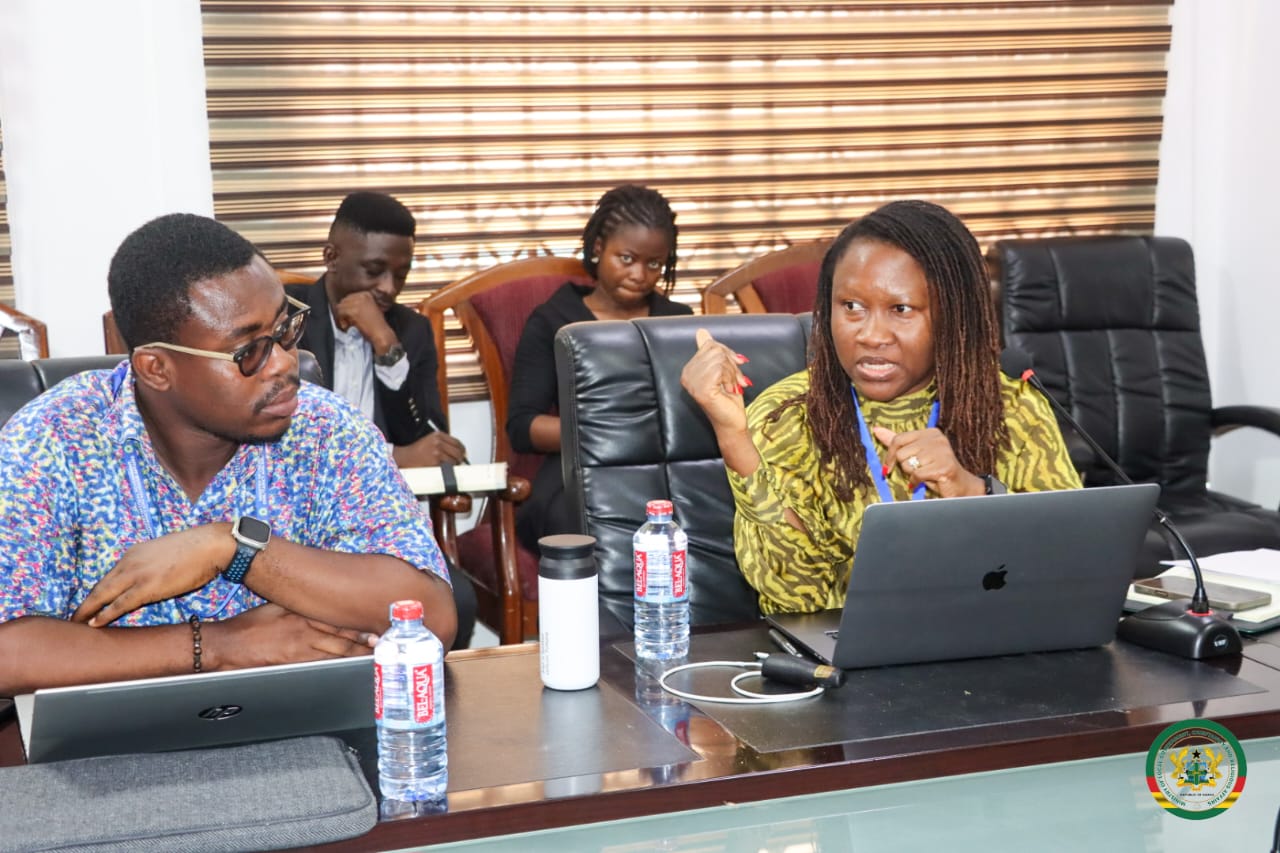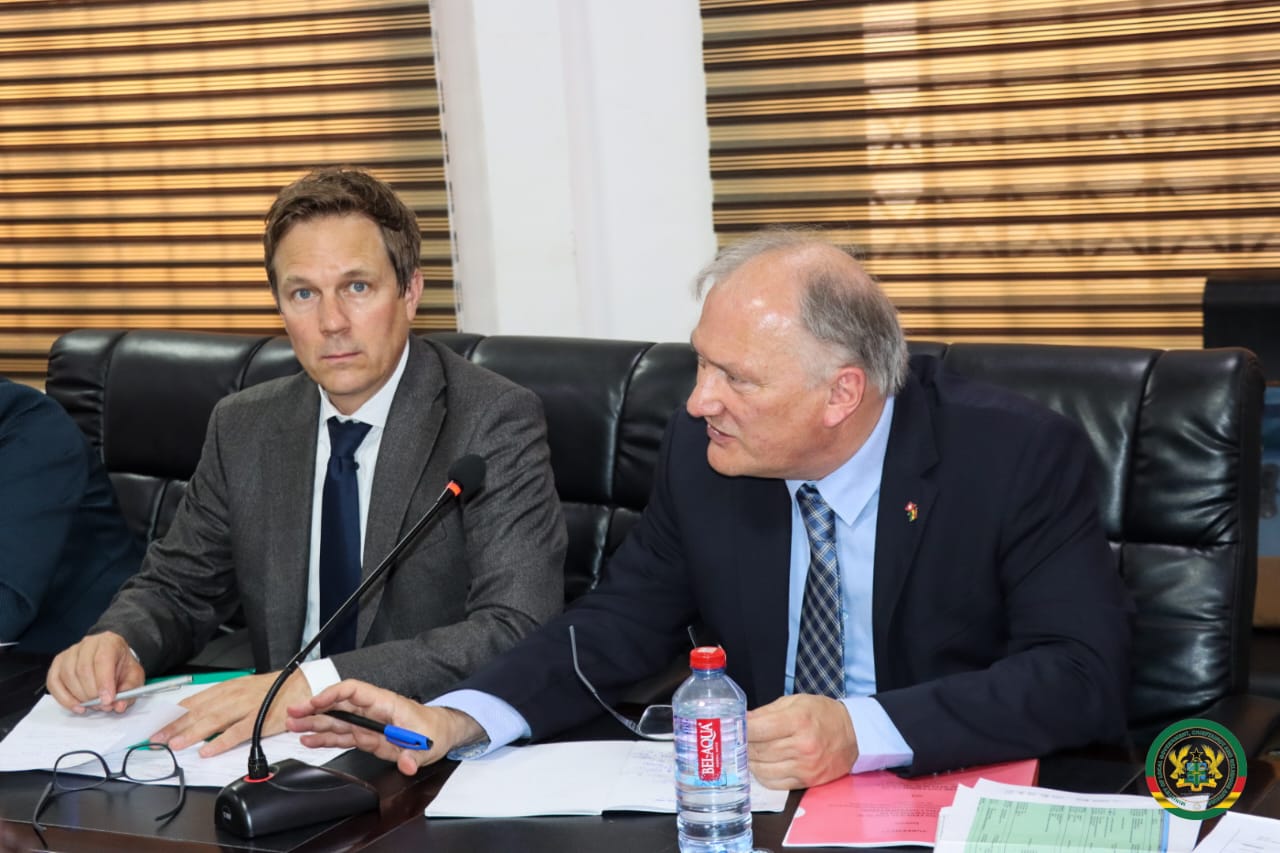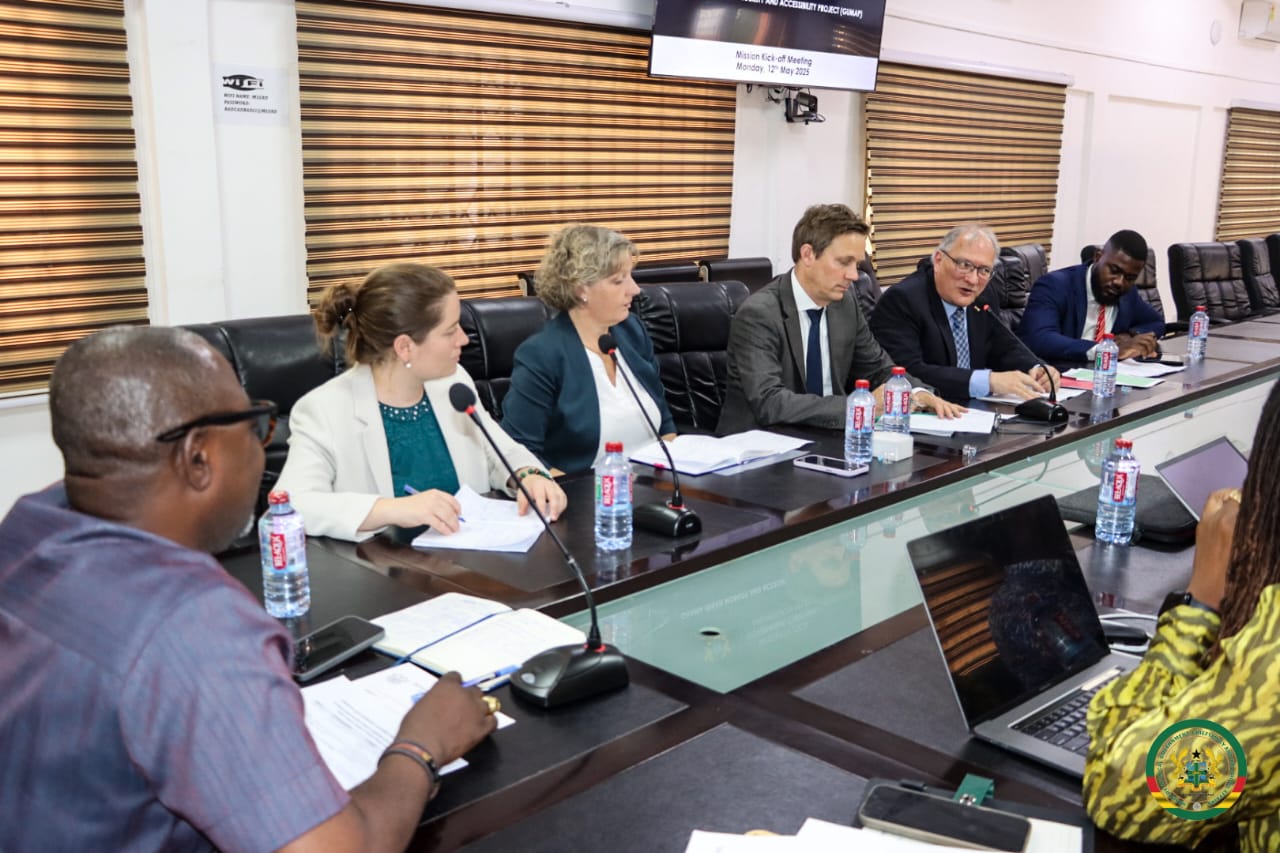A Pre-Appraisal Mission for the fifth phase of the District Assemblies Common Fund – Responsive Factor Grant (DACF-RFG V), also known as DPAT IX, has officially begun in Ghana. Spearheaded by the KfW Development Bank, the mission seeks to assess the framework and operational structure of the upcoming programme phase, with a deliberate focus on introducing a vulnerability window to provide targeted support to districts facing heightened development challenges.
Scheduled from May 12 to 23, 2025, the mission opened with a high-level kick-off meeting at the Ministry of Local Government, Chieftaincy and Religious Affairs (MLGCRA). The meeting brought together key institutions including the MLGCRA, the Office of the Head of Local Government Service (OHLGS), the Institute of Local Government Studies (ILGS), and the Inter-Ministerial Coordinating Committee (IMCC). The session laid the foundation for a cooperative review process between the Government of Ghana and KfW to ensure that the next phase of the DACF-RFG Programme is both inclusive and responsive.
The vulnerability window under consideration is a new design element that seeks to address developmental inequities by directing financial and technical resources to Metropolitan, Municipal and District Assemblies (MMDAs) that are most in need. This innovation is expected to enhance the impact of Ghana’s decentralisation policy by ensuring that support is tailored to the specific contexts of vulnerable districts.
As part of the mission, the KfW team is conducting field visits to six selected MMDAs across the Northern, Savannah, and Upper West Regions. These visits include on-site inspections of two completed DACF-RFG-funded projects per district and engagements with local authorities to gain insight into the realities on the ground, highlighting both achievements and challenges in project implementation.
A mid-mission exchange meeting is scheduled for May 19, 2025, at the MLGCRA, where the KfW team will present preliminary field findings and engage with the ILGS and IMCC. The session is expected to help refine the criteria, structure, and rollout plan for the vulnerability window, aligning it with local government capacities and regional disparities.
The mission will conclude with a wrap-up session on May 22, 2025, at the Ministry of Finance. This final gathering will bring together all major stakeholders, including the MLGCRA, OHLGS, IMCC, and the DACF Secretariat to consolidate insights, deliberate on findings, and agree on next steps toward the implementation of DACF-RFG V.
The KfW Mission Team is composed of Kathrin Kaestle, Team Leader for the Governance Sector; Viktoria Kowarzik, Portfolio Manager; Jochen Sinn, Environmental and Social Safeguards Expert; Malisa Koenig, Contract Manager; and Samuel Anokye, Senior Portfolio Coordinator for the Governance Sector in Accra. Their multidisciplinary expertise is expected to shape the technical and strategic design of the programme’s next phase.
At the close of the mission, a comprehensive report will be developed by KfW in collaboration with the Ministry of Finance and the MLGCRA. The report will provide a detailed synthesis of findings, identify critical lessons, and offer strategic recommendations to guide the successful rollout of DACF-RFG V, strengthening local governance and advancing equitable development across Ghana.
Source: Sandra Owusu Asamoah/Melody Hini-Amoako
(Public Relations Unit MLGCRA)

